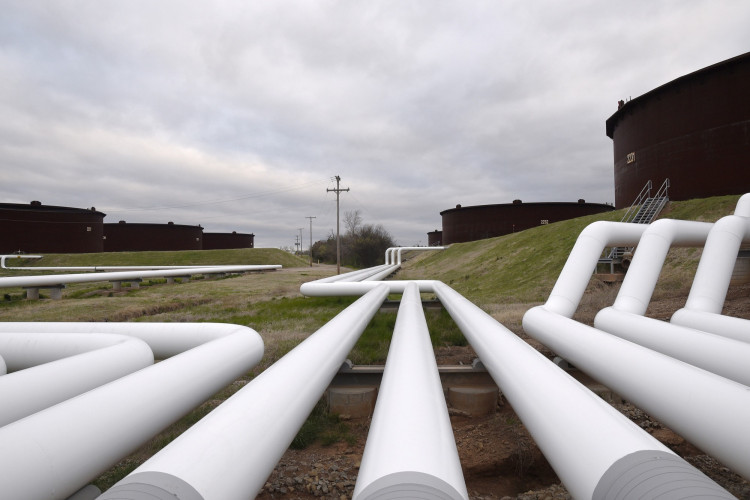Oil prices rose on Tuesday, extending previous session gains, as the European Union finally set up plans to toughen sanctions on Russia this week, with Germany saying it was willing to support an immediate embargo on Russian oil.
"Crude prices have risen as a result of comments from Germany's economy minister, who stated that the EU intends to ban Russian oil imports either immediately or in the coming months," Stephen Innes, managing partner at SPI Asset Management, said.
Australia, the U.K., Canada, and the U.S. have all imposed outright bans on Russian oil purchases, but the European Union's 27 members have yet to agree.
As part of the sixth package of sanctions against Russia, the bloc is leaning toward banning Russian oil imports by the end of the year.
Even though a stoppage could result in shortages, Germany, the EU's largest economy, said that it would be able to weather an EU embargo on Russian oil shipments by the end of this year.
The embargo may exempt Hungary and Slovakia, both of which rely heavily on Russian crude, according to two EU officials on Monday.
U.S. exports hit new highs. The Gulf is depleting supplies to the domestic U.S. market, according to ANZ Research analysts. According to ANZ, at least 2 million barrels of gasoline, diesel, and jet fuel flowed out of refineries in the U.S. per day, according to cargo tracking service Vortexa Analytics. April in the Gulf.
As a result, ANZ reported that the diesel crack spread, or the difference between the cost of perfecting a barrel of oil into fuel products, had broadened to $73.50 per barrel, the highest level since 1986.
Traders will be paying close attention to U.S. inventory data, which will be released by the American Petroleum Institute on Tuesday, accompanied by government statistics from the Energy Information Administration on Wednesday.
In the week ending Apr. 29, five analysts polled by Reuters expected U.S. crude inventories to fall by 1.2 million barrels on average.
From May 15, major global trading houses plan to reduce their purchases of Russian crude and fuel.
As a consequence, Russian diesel exports from the Baltic port of Primorsk, a key European supply source, are expected to fall by more than 30% in May.
China and India, who have openly supported Russia's actions, are still buying Russian crude.






